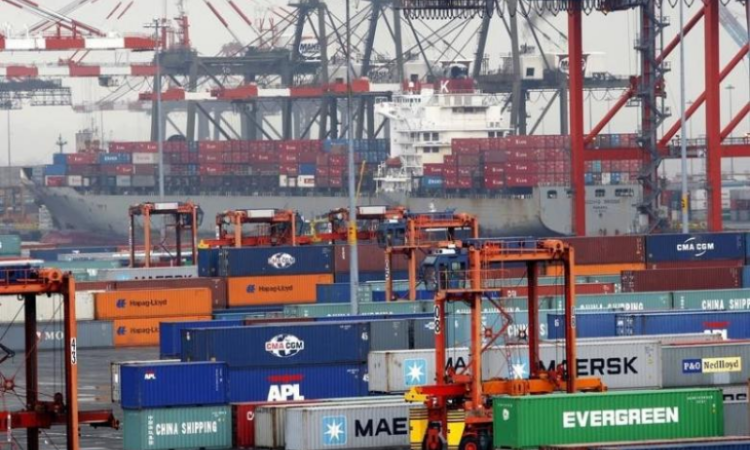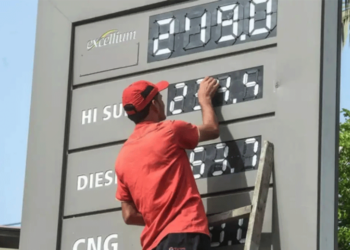Islamabad, January 9, 2025: The Federal Board of Revenue (FBR) has temporarily replaced satellite tracking of Afghan-bound cargo with human surveillance, sparking concerns over increased smuggling risks.
The move follows the abrupt termination of TPL Trakker’s license, the sole firm equipped with Container Surveillance Devices (CSDs) for real-time satellite monitoring since 2013. FBR has instead authorized four firms, chosen without a competitive process and based on outdated technical evaluations from 2021. These firms lack experience in container tracking and can only install Prime Mover Devices (PMDs) on vehicles, which do not secure container doors.
In its response to an English language Daily, the FBR admitted to the lack of CSDs and confirmed that the interim arrangement relies on limited vehicle-tracking capabilities. New SOPs issued on December 27 instruct Customs officials to provide additional manpower for monitoring at seaports and along transit routes.
Last month, FBR amended Customs rules to ease financial and technical requirements for tracking contractors, reducing turnover and net worth criteria and removing the container-tracking experience requirement. The changes were justified as measures to encourage local participation.
Transporters have criticized the shift, citing higher costs of Rs 20,000 per vehicle for PMD installation and Rs 5,278 per trip in monitoring fees. To mitigate risks, the FBR introduced measures like cargo scanning at ports, centralized real-time monitoring, and Customs escorts for convoys.
TPL Trakker denied allegations of non-performance, asserting that its IT system was only briefly disrupted in June 2024 due to a cyberattack and had since been fully operational. The company refuted claims of inadequate tracking, emphasizing its hybrid GSM-satellite technology.
The FBR has defended its decision, citing TPL’s inability to maintain uninterrupted operations, but acknowledged that container tracking will resume once CSDs are available.








